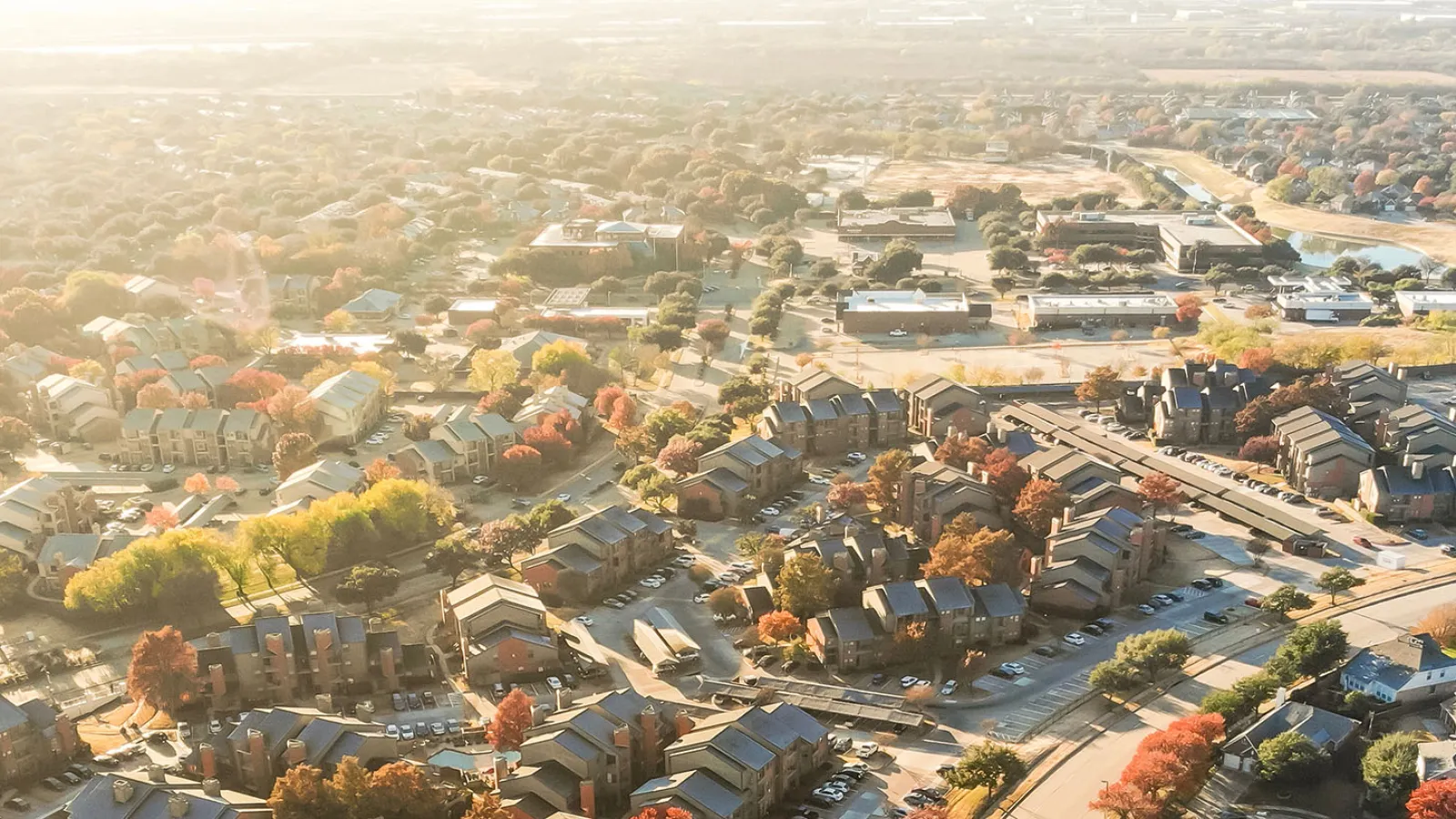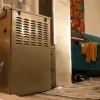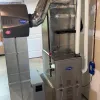Most people with geothermal heat pumps love them. Besides being incredibly efficient, especially during the winter, they also last a whole lot longer than a typical split heat pump system. Here in Atlanta, we’ve seen geothermal systems that have been in use for 25 years or more!
But that doesn’t mean geothermal heating and air conditioning systems are invincible. Stuff happens.
With geothermal HVAC systems, some of the problems are pretty unique. After all, a ground source system heat pump has several components not found in most HVAC setups.
We’ll take a look at some of the most common geothermal heat pump problems you’re likely to face. But first…
It’s good to recognize the signs that there’s a problem.
Here are some common indicators that something’s wrong with your geothermal heat pump system:
- High electric bills
- Not enough air flow
- Not enough heat in winter or cooling in summer
- Rooms suddenly aren’t heating or cooling evenly
- Visible water leaks from system components
- Weird smells or noises coming from the equipment
And if the system just isn’t cooling or heating at all, well, that’s a problem. With those points out of the way, here are five of the most common issues we see with geothermal heat pumps.
1. Improper ground loop pressure
The beauty of geothermal HVAC systems is that they heat your home in winter by extracting heat from the ground. On really cold days, the ground is a lot warmer than the air outside, so geothermal systems can heat extremely efficiently.
However, their ability to do so depends on water inside a ground loop absorbing all of that heat and moving it to your home. The water pressure inside that loop has to be sufficient for the water to get the heat to your home in an effective manner.
And, for that matter, for the water to move heat out of your home during summer!

When the pressure falls outside of the manufacturer-specified range, the system just won’t heat or cool properly. It needs to be recharged by a professional so that you can keep feeling comfortable inside your house.
How do you end up with improper ground loop pressure? Well, the subterranean loop tends to expand over time, so you might need a professional to add a small amount of water to keep things balanced. That’s usually all that’s involved. Leaks in the loop are pretty rare, so that’s not usually the reason why you’d need to address ground loop pressure.
2. Leaks at the gaskets
Your geothermal system depends on water, so leaks are always a risk. Luckily, we don’t usually see water spewing out from these systems. It’s more common to see a slow leak develop – a leak that doesn’t cause problems at first but will cause problems once enough water has escaped from the system.
Typically, we perform a visual analysis of all above-ground components to find any leaks. Then we replace the leaky gaskets or any other corroded hardware. We also need to check the system pressure in case enough water leaked out to throw things out of balance.
3. Bad pump
Unlike more common air source heat pumps, geothermal systems use pumps to move water through a ground loop. If the pump stops working, neither the water nor the heat it contains can circulate throughout the system.
Sometimes, we can repair the pump. Other times, it makes more sense just to replace it. If the system is old and has had several problems, replacing your geothermal heat pump might be the most economical option.
4. Typical heat pump issues
We’ve published lots of material about why your AC won’t cool and why your heating system won’t heat.
Geothermal systems can experience all of the same problems, which include:
- Bad blower fan motor
- Dead capacitors or bad contactors
- Refrigerant leaks
- Clogged condensate drain
- Simple issues like a tripped breaker, bumped disconnect switch, or dead batteries in the thermostat
Your geothermal system is unique because of how it uses the ground for heat generation and removal. It’s very much not unique in other aspects. Geothermal systems still contain many of the same components as typical HVAC systems and can experience the same problems.
5. Dirty air filter
We’ve saved the best (or perhaps the simplest?) for last! When your geothermal heat pump is struggling to keep you comfortable, always think back to the last time you changed out your air filter.
Has it been a while? If it has, go change the filter right away.
Dirty air filters starve your HVAC system of air. The easiest way to explain this is that there can’t be a lot of heat transfer to the air when there’s, you know, not a lot of air moving through the system.
In some cases, a dirty air filter will be the only problem with your geothermal system. All you have to do is clean or replace it per the manufacturer’s guidance.
Got issues with your geothermal heat pump system?
We can help. We’re one of the only HVAC companies in the Atlanta area that knows how to work on geothermal systems!
When you hire us, you get unmatched expertise and a dedication to honest, quality service that’s hard if not impossible to come by among most heating and AC contractors in this area.
Our team will diagnose the problem with your geothermal heat pump and apply the best fix for your long-term comfort.






